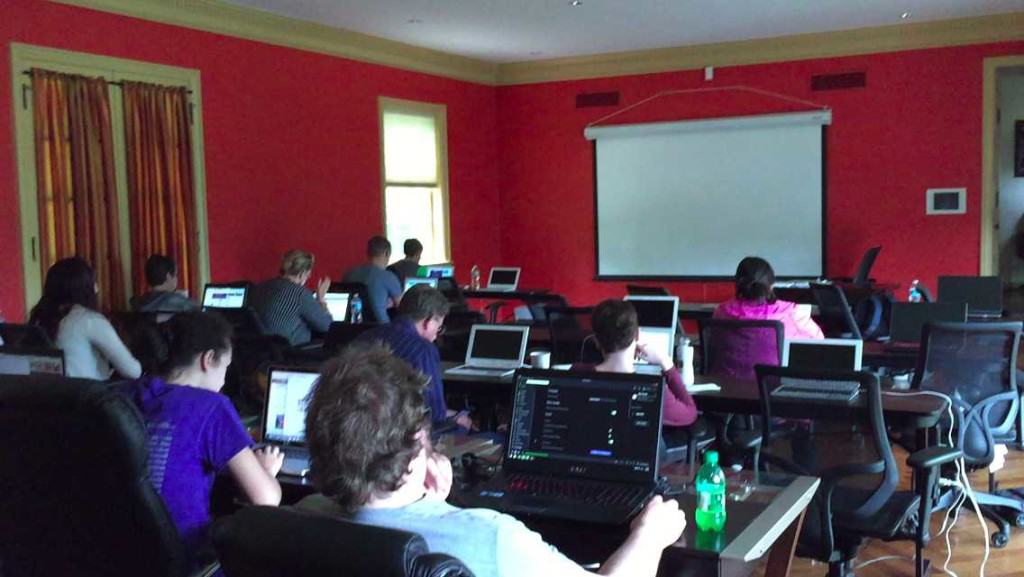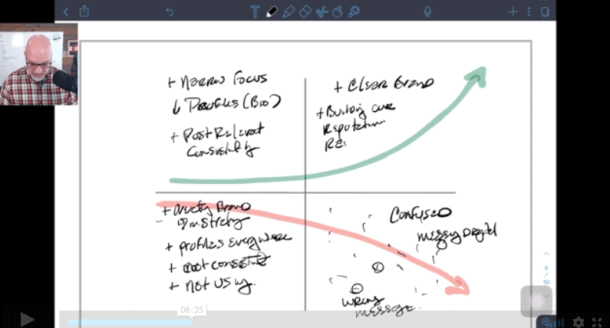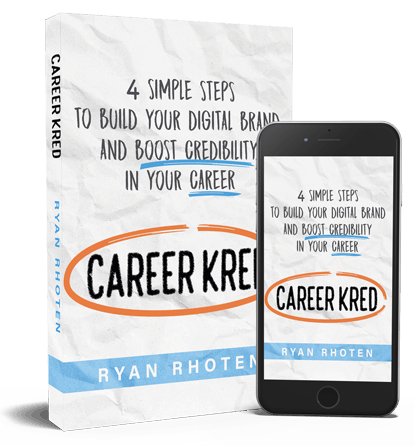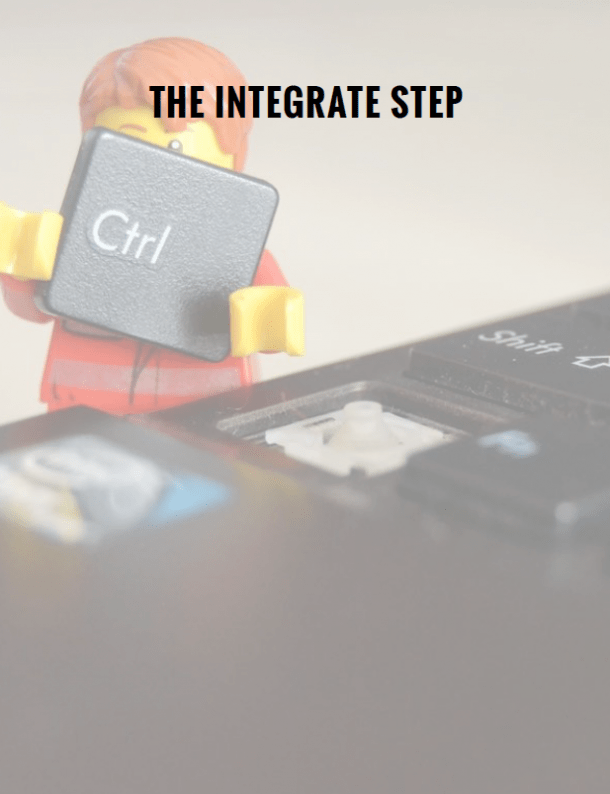Two weekends ago, I attended a two-day course offered by a local coding boot camp. Yes. This does mean I spent the entire weekend inside, in front of a computer.
Don’t worry about me missing out on family time, though, I had my oldest son with me.
We both had different reasons for going. He wanted to learn more about coding. He had recently finished a coding course at school, had done well in it and his curiosity peeked.
Speaking of curiosity, I’m currently reading A Curious Mind (Affiliate Link) by Brian Grazer. Very interesting book but I digress.
Coupled with his curiosity was my own. Coding is something I’ve been interested in for a while now, specifically building apps, but I have zero experience outside of a couple of online courses I’d started and stopped over the years.
Taking both of our curiosities into account, I decided to enroll us both into the Introduction to Computer Programming course offered by the recently established coding school on the north side of Indianapolis, Eleven Fifty.

It was only two days and I figured for the money, $299 each, we could answer two questions at once. For me, is coding something I want to pursue more seriously and for my son could this be a potential major in college?
I also had a secondary question I wanted to answer. I have written here before about the variety of ways you can obtain new skills and traits outside of your regular work such as volunteering and internships.
But ever since my podcast with Karl Hughes, I’ve been curious to know whether or not coding boot camps can provide you with the skills you need to completely switch careers.
Is it possible to go from being an office dweller to a shorts and t-shirt coder banging away at a keyboard at all hours of the day. So I decided to give it a go and registered us both.
TYPES OF CAREER CHANGES
I’m often asked by people about how they can change their career. The type of change they are looking to make varies.
Some people are looking to simply switch roles within a functional group, say from a graphics designer to a technical writer.
Others want to change within a functional organization like marketing, by becoming a product manager when their current role is a marketing manager.
Then are those who want to go into a completely different direction altogether. These folks want to make a complete career change by leaping across organizations, say from marketing to software development.
These types of career changes are more difficult but they can be accomplished and could be life changing. To make this type of change, you will most certainly need to acquire new skill sets.
NEW SKILLS ARE REQUIRED TO MAKE A CAREER CHANGE
Completely switching careers is akin to starting over. Your new career may mean new hours, new pay, new lifestyle, new everything.
Regardless of the type of career change you are looking to make, you will need a combination of transferable skills and new skills. The ratio of these skills will scale with the type of transition you are looking to make.
For example, a new role within a functional group may require 80% transferable skills and only 20% new skills.
Functional organizational changes may be closer to 50%, 50%.
Total career changes, such as moving from marketing to software development will require you to gain as much as or even more than 80% completely new skills. This would certainly be the case for me if I wanted to move into software development.
The first two changes, functional group, and organization, can take place within a company. Generally speaking, these changes can be made with little to no degradation of pay or status. This is especially true if your company has a great career development program which sadly, is rare these days.
Complete career changes will most likely require you to move to a new company. Which again may be exactly what you want.
Let’s assume for the sake of argument that you have identified your new profession through careful introspection. If you’ve been following The Personal Branding Blueprint you know your next step will be to identify the skills gap you need to close and determine where you will obtain said skills.
So for me a move to computer programming means I need to learn how to code.
Today, there are a number of ways I can to learn how to code outside of the traditional college route. For example, I go back to college, take online courses, or more appropriately for my situation go to a code school.
BACK AT ELEVEN FIFTY
The Eleven Fifty campus also happens to be the residence of Scott Jones, the person who basically invented voice mail. The “facility” and staff of Eleven Fifty are amazing. I can’t imagine a “cooler” place to learn how to code.

There were about 50 people in our 2-day class, ranging in age from 13 to 50 plus. Our instructor for both days was the co-founder of Eleven Fifty, Terrance Kunstek. Terrance has 20 plus years of experience as a developer and it was clear this wasn't his first rodeo.
As I sat there listening to the combination of lectures and the sound of keyboard strokes, I couldn’t help but think about what it would be like to be a programmer for a living. Taking an idea from someone's mind and making it a reality. As a coder, you have the opportunity to create new things every day. How cool is that?
The course while relaxed, it was reasonably paced. Terrance did a great job asking questions of the class to gauge understanding and would always yield time for questions.
Since this was an introductory course, a fair amount of time was spent talking about the life of a programmer; how they fit in teams, how they work, and the different types of programmers.
Terrance pegged me as a back-end developer. I hadn’t considered myself as a back-end programmer before but it does make sense. I like to see how things connect, how they flow in an overall process. I typically see processes in flowcharts or storyboards.
He pegged my son as a UI/UX person which makes sense to me. He often talks about the way things look or are displayed and will on occasion talk me through how he would change the way he interacts with one of his games or apps.
By the end of day one, both my son and I were mentally exhausted. The drive home gave us time to talk about the day, what we liked and didn’t like. We covered so much material in such a short period of time on the first day I was amazed we would do it all again in less than twelve hours.
We spent the majority of the second day “in the code” as they say at Eleven Fifty. For the majority of the day, Terrance provided us with just enough instruction to get us started then he turned us loose. He patiently walked around, observed and commented when necessary.
At times I felt it was super easy, at other times I thought there’s no way. As it would happen this was usually the time when I would look over at my son to observe he had already finished the current assignment so he started working ahead. Show off.
We wrapped up day two with little fanfare and walked out of our experience even more mentally drained than day one but much wiser about what it means to be a developer/coder/programmer.
YOU CAN LEARN TO CODE AT A BOOTCAMP
Based on my experience with just this introductory two-day course, I would tell anyone who asked, that you can indeed learn to code at a boot camp. But you are going to work your tail off.

You will not become a computer whiz by attending a coding boot camp but you will learn the basics and more importantly, earn the confidence, you need to start a new career path.
The key will be to start your coding career quickly afterward because like anything if you don’t use it you’ll likely lose it.
Fortunately, programmers are in high demand today and that demand extends years into the future. Just in the Indianapolis area alone, there are an estimated 4100 jobs that are going unfilled because there are not enough developers to fill them.
As for me, the class peaked my interest and I am debating heading into a week-long class on iOS development. As for my son, well, we’ll see if this course makes a difference. He appears to have enjoyed it and has quietly enrolled in a programming class for next school year.
So for a small investment in both money and time, I was able to answer both of my questions and hopefully the same ones for you.
If you have specific questions about my experience at he 2-day boot camp send me an email.
QUESTION: Would you consider a coding boot camp? What other “boot camp” style career courses are out there?





